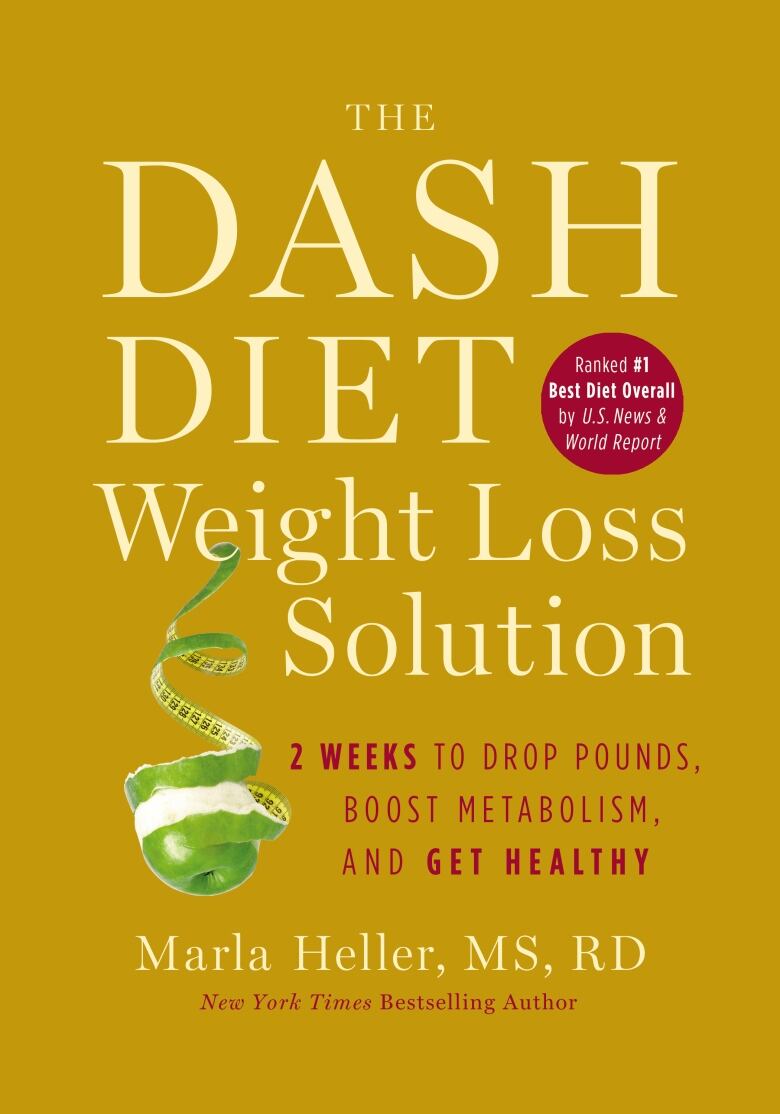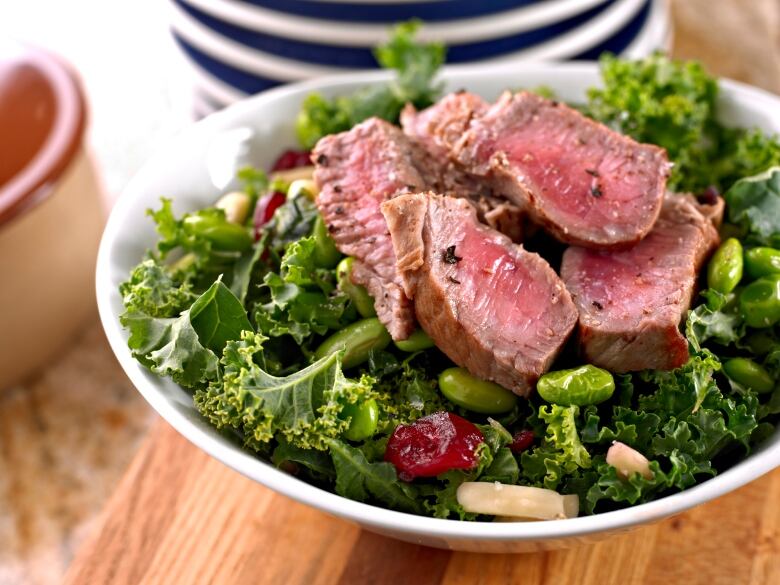Registered dietitians debunk popular diet myths

It's January, which means you probably know someone on a crazy diet right now.
While it may be tempting to believe that eating only seeds or vegetables can "detoxifying your liver" or "reset your metabolism," most of these claims are bogus and most fad diets are only going to hurt you in the long-term, say registered dietitians.
"The most important thing is that whatever diet you decide on, it has to be a diet for life," said Cindy Sass, a registered dietitian based in Kanata. "If you can't see yourself eating that way for life, or for the long-term, then its not for you."
Still, some people are adamant a strict diet is what they need to start the year off right.
For die-hard dieters weighing the health pros and cons of popular diets, we asked three registered dieticians to tell us the straight truth about juice cleanses, the Paleo diet and the DASH diet.
Juice cleanses

What is it?: From the Master Cleanse, where you consume almost exclusively lemon juice, maple syrup, cayenne pepper and water, to the cold pressed juice cleanse, where you consume a handful of different juice concoctions throughout the day, a juice cleanse typically involves downing colourful juices made from raw vegetables and fruits. It's a multi-day liquid diet.
The good:Not much. "In terms of benefits, there's really not a whole lot of benefit," said Jennifer Jones, a registered dietitian based in Ottawa. One short-term benefit could be weight-loss, and since most juice cleanses only last a few days, "you're probably not going to hurt yourself," she said.
The bad: The longer you stay on a restrictive diet, the more likely you are to become deficient in the nutrients or vitamins missing from it, said Sass. "Whenever you're eliminating any food group, your risk of malnutrition or nutritional issues increases," she said.
Jones takes issue with the fact you'll be missing out on the fibre that accompanies whole fruits and vegetables, and that high levels of naturally occurring sugar in juice may also spike your blood sugar levels, sending you crashing later in the day, she said.
There's also the issue of "hanger."
DASH diet

What is it?: DASH stands for Dietary Approaches to Stop Hypertension. The diet is more of a guide to healthy eating than a fad diet, with studies showing it can help lower blood pressure and prevent heart disease, stroke and diabetes. On DASH, people eat four to five servings of fruits, four to five servings of vegetables and two to three servings of low-fat dairy products per day. Each week, four to five servings of nuts and legumes are allowed. Moderate amounts of sugar, fat, alcohol and red meat are okay, but consumption of high-sodium, processed foods is discouraged.
The good: The fact that this diet isn't overly restrictive is a plus, said Jones. "People are going to do a lot better when they can eat the foods they're used to seeing," said Jones. "It's more similar to Mediterranean diet, where you're focusing on healthy foods but you're not cutting out food groups." The fact that there's science to back up the DASH diet's effectiveness at lowering blood pressure also gives it a passing grade in registered dietitian Shauna Lindzon's book.
The bad: Critics say that the diet is too high in grains it suggests eating six to eight servings of grains a day and some point out that some people may not want dairy in their diet, said Lindzon.
Paleo diet

What is it?: The Paleo diet is also known as the "caveman diet" because you eat what cavemen ate foods they could have hunted or gathered. It's a low-carb diet that includes fresh fruits and vegetables, fish, meat, nuts, seeds, some oils and eggs, and excludes grains, legumes, refined sugar, potatoes, salt and dairy.
The good: People will increase their fruit and vegetable intake and decrease their processed food intake, said Lindzon.
The bad: It's too restrictive. "If it's not sustainable then why even bother?" said Jones, noting the best diet is the diet you can maintain for life. There's also little scientific evidence showing eliminating dairy or grains is good for you, she said.
Lindzon recommends avoiding elimination diets altogether.
Katrina Clarke is a Toronto-based journalist who writes about relationships, health, technology and social trends. You can find her on Twitter at @KatrinaAClarke.












_(720p).jpg)


 OFFICIAL HD MUSIC VIDEO.jpg)
.jpg)



























































































